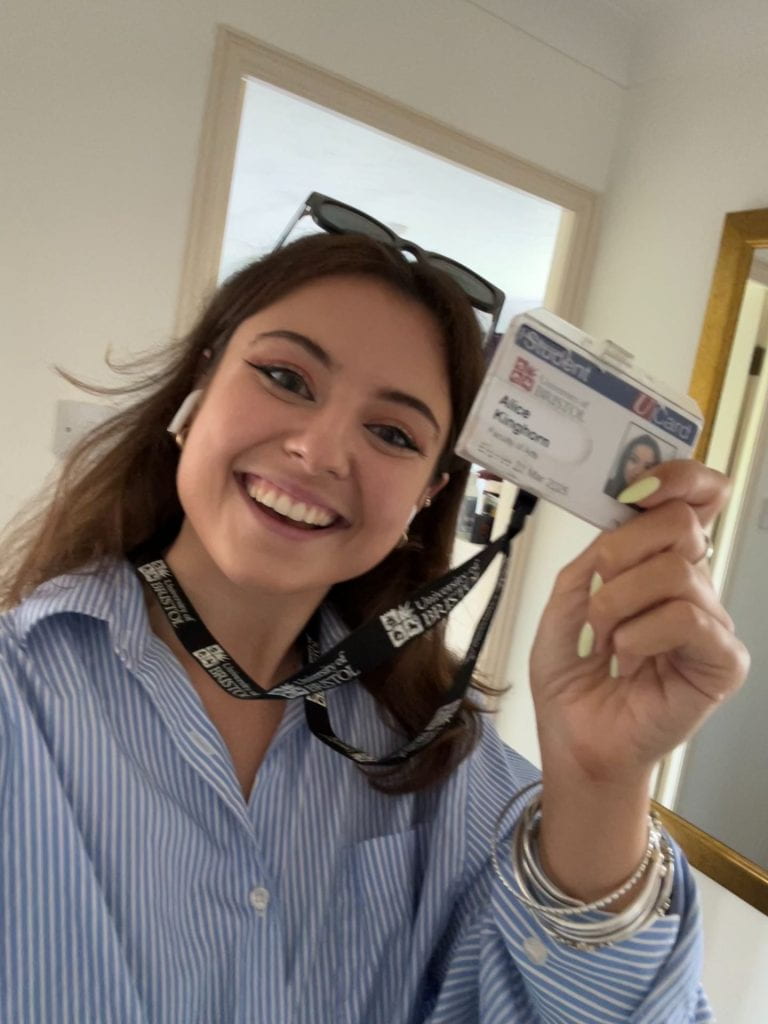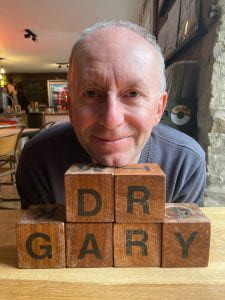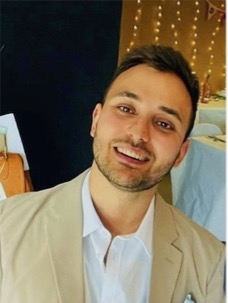Dr Qiqing Tan is a PhD graduate from the History Department at the University of Bristol, where she joined in 2020 after completing her master’s degree at Renmin University in China. Under the supervision of Professors Brendan Smith and Benjamin Pohl, she successfully defended her doctoral thesis on Irish revenue in January 2025.
Hi Qiqing. First of all, congratulations on your successful viva! Can you tell us a bit about what your doctoral research was about?
Thanks! My research investigates the state of Irish revenue and the operation of the Irish exchequer during the reign of Edward II (1307-1327). By analysing various sources of revenue through both geographical and chronological perspectives, it contends that, despite various pressures, the Irish exchequer effectively navigated the English lordship in Ireland through some of the most severe crises in medieval Irish history. Moreover, this study employs the operations of this fiscal system as a prism through which to explore how individuals and communities in Ireland adapted to this rapidly deteriorating conditions. Officials, ministers, clerks, citizens, farmers, and foreigners alike demonstrated resilience and flexibility in adversity, seeking to maintain and advance their positions amid a time of crisis.
How did you become interested in Irish fiscal history?
My interest in this field began during my master’s degree, where I focused on the English exchequer in the twelfth century. This research provided a solid foundation for understanding the development of fiscal systems in England. As I delved deeper into the subject, I became increasingly fascinated by how these institutions expanded and evolved in the late Middle Ages, particularly in Ireland, which was under English control at the time. The Irish exchequer, in particular, caught my attention due to the volume of surviving records, which offered a valuable, though manageable, source for studying a period of around twenty years. Furthermore, the fourteenth century in Ireland was an especially intriguing era, marked by political instability, power struggles, and the contestation of different identities. This complexity made Ireland an ideal setting for exploring the interplay between fiscal systems, society, and politics.
What did you enjoy most about your project?
One of the most enjoyable aspects of my research was the quiet, contemplative time I spent with the records. There’s something meditative about immersing yourself in historical documents and piecing together the past from seemingly fragmented data. I was constantly struck by the way small details in the financial records could tell you so much about the social and political fabric of the time. It was the process of solving these puzzles that I found particularly satisfying—there’s a deep joy in uncovering hidden patterns or discovering something previously overlooked in the archives. The interdisciplinary nature of my research also kept me engaged, as I was able to draw from history, economics, and political science to enrich my understanding.
Any top tips for lunch spots near your archives / libraries / museum collections / the Bristol University campus?
Absolutely! Near the University of Bristol, I highly recommend Chris and Jo’s Kitchen for lunch. It’s a lovely spot that serves wholesome, delicious food. If you’re ever in Dublin near the National Archives of Ireland, I always enjoyed stopping by Brew Lab Specialty Coffee. It’s a fantastic coffee shop where I’d grab a coffee to start my day or take a quick lunch break. The atmosphere there really helped energise me for the long hours spent in the archives.
 Heading of one Irish receipt roll (TNA, E 101/237/3, m.8)
Heading of one Irish receipt roll (TNA, E 101/237/3, m.8)
Let’s talk about the viva itself. What would you advise someone who is preparing for their own viva?
Preparing for the viva can be nerve-wracking, but the key is to be well-prepared and to stay calm. Even though you wrote the thesis, it’s crucial to familiarise yourself thoroughly with every section, as you may be asked to explain concepts in ways that require more depth than the written document provides. A good practice is to make a list of possible questions that could arise. The ‘Viva Survivors’ website is a great resource for this. In addition, try to rehearse your answers and don’t rely too heavily on notes during the viva itself. The more you practise, the more confident you’ll feel in presenting your ideas clearly and coherently. Lastly, remember that the viva is as much a conversation as it is an examination—don’t be afraid to engage with your examiners thoughtfully.
What’s next for you? Where can we find your research and/or writing now?
At the moment, I am applying for postdoctoral fellowships, which will allow me to continue my research into medieval fiscal history. I’m also in the process of developing a book proposal based on my doctoral thesis, with the goal of expanding the research and making it more accessible to a broader audience, particularly those interested in the history of English colonial rule in Ireland. My work is also featured in the forthcoming volume Scotland and England, c.1300 to 1603: War, Diplomacy, and Power, edited by Andy King, Gordon McKelvie, and Jenny McHugh, where I have contributed an article titled ‘The Repercussions of the Scottish War: A Financial Approach to the Bruce Invasion of Ireland, 1315-1318’ (Brepols, forthcoming).




